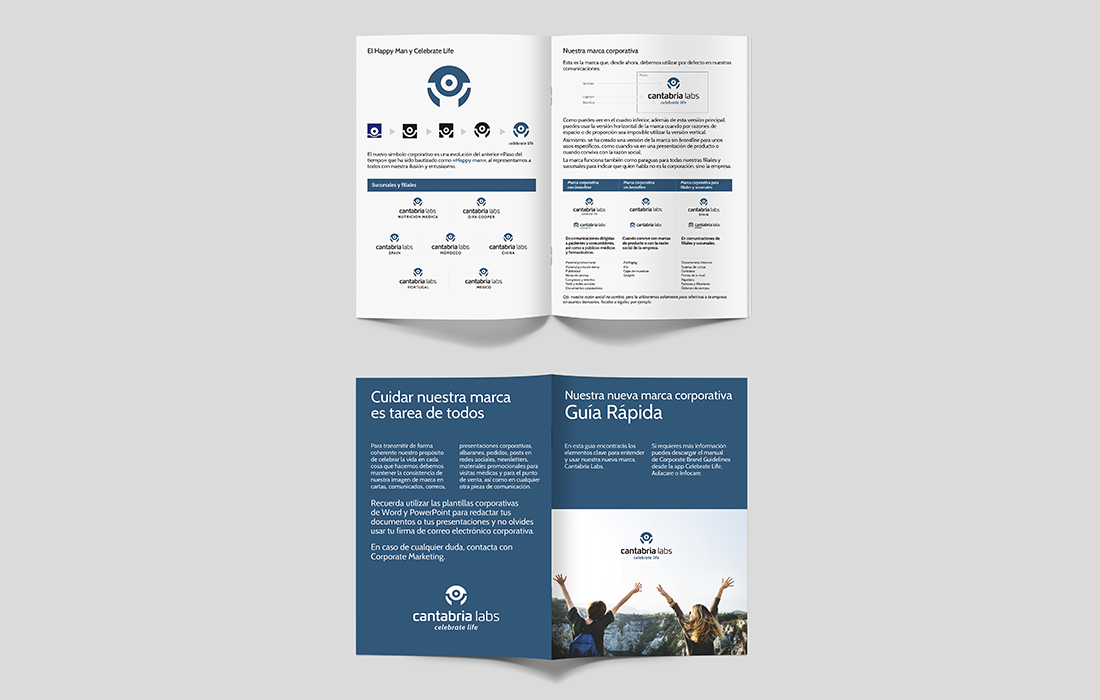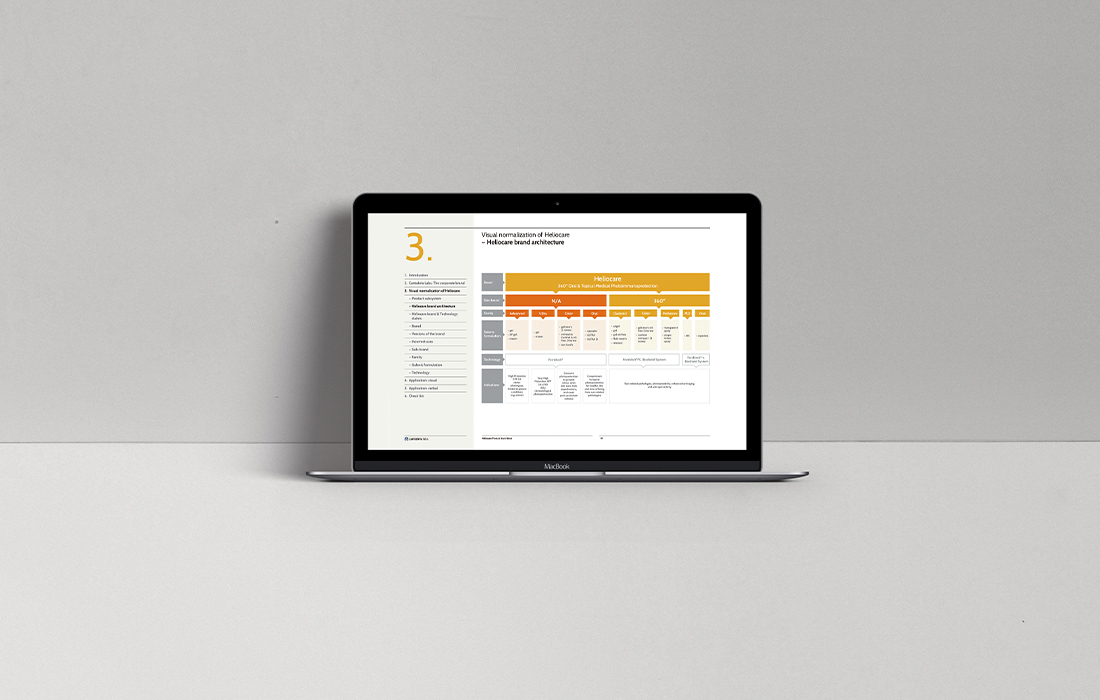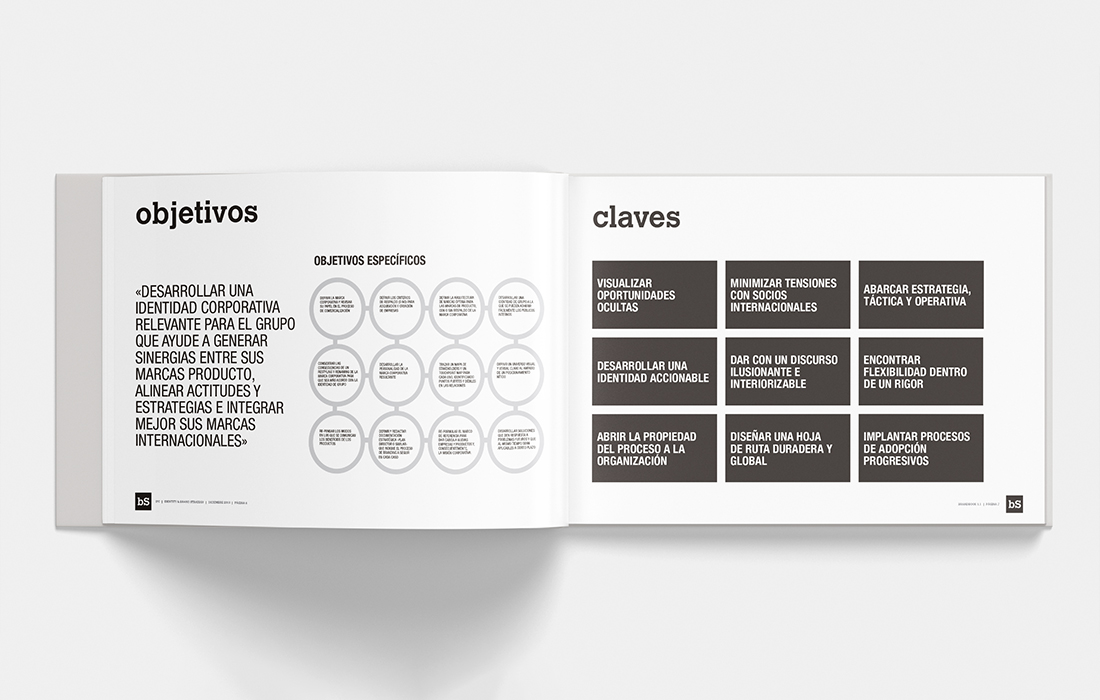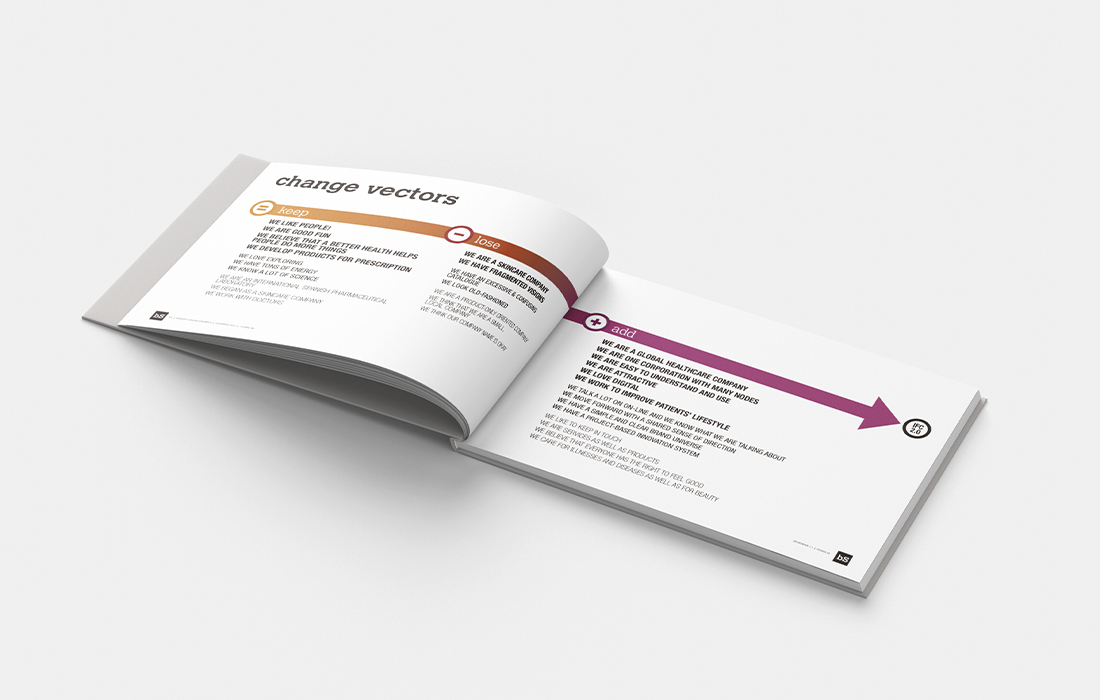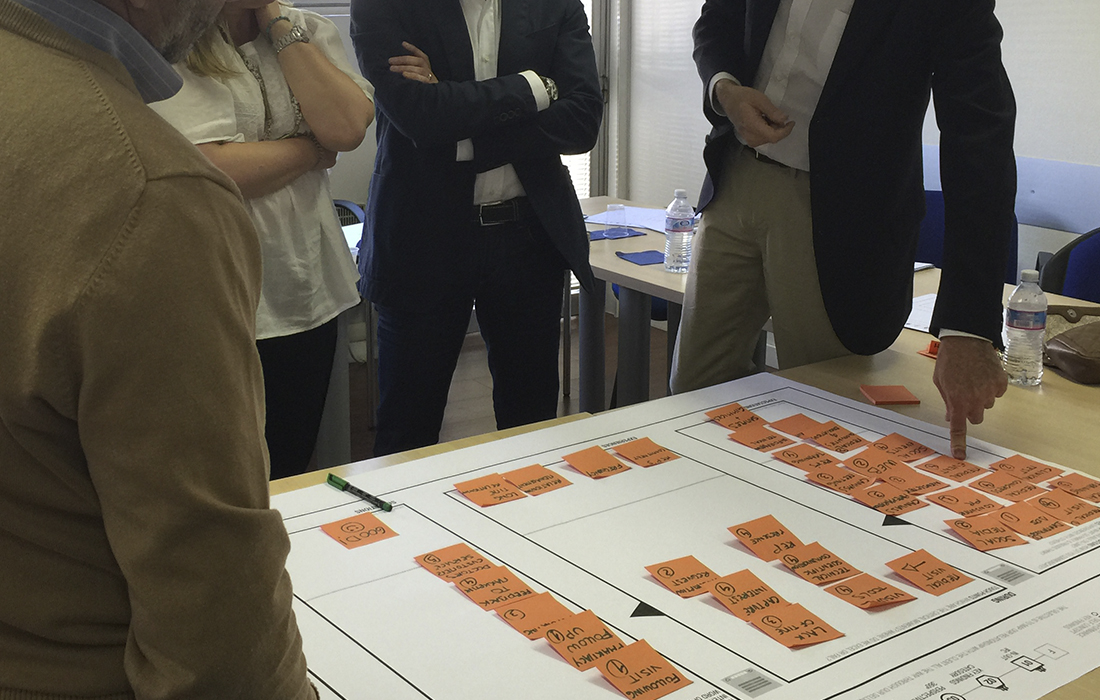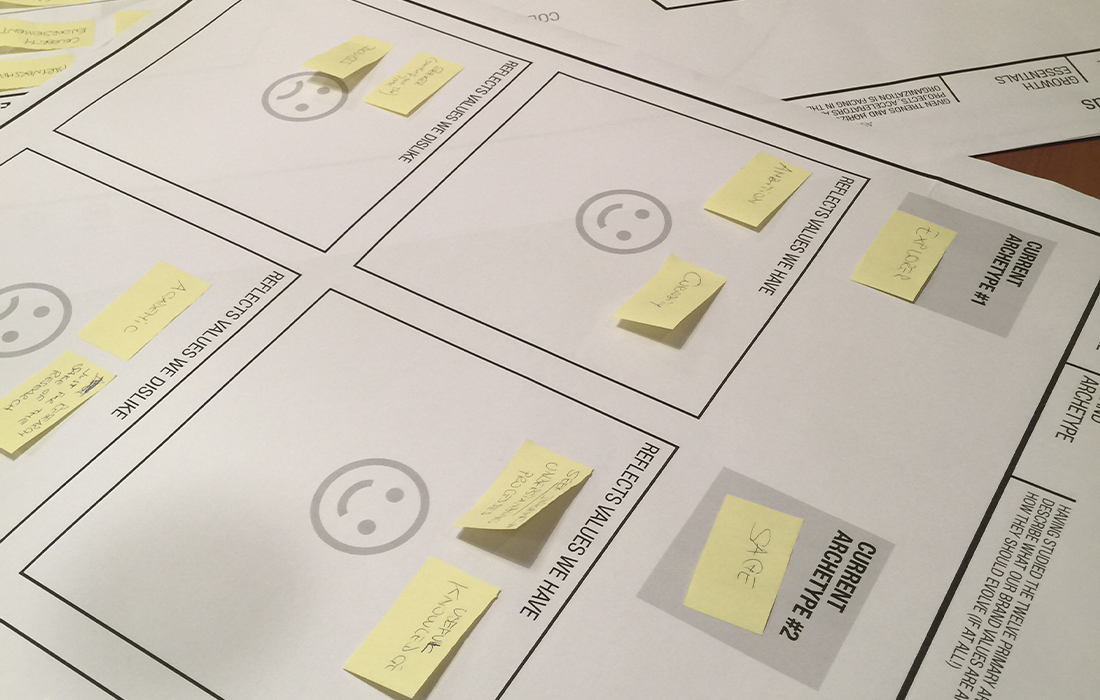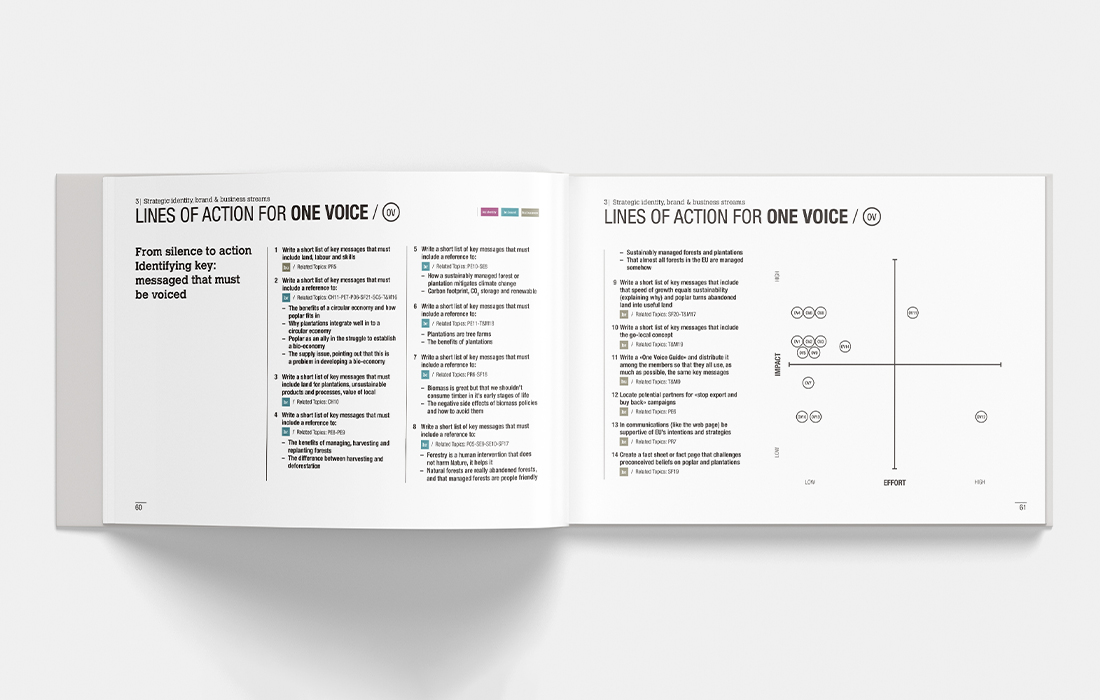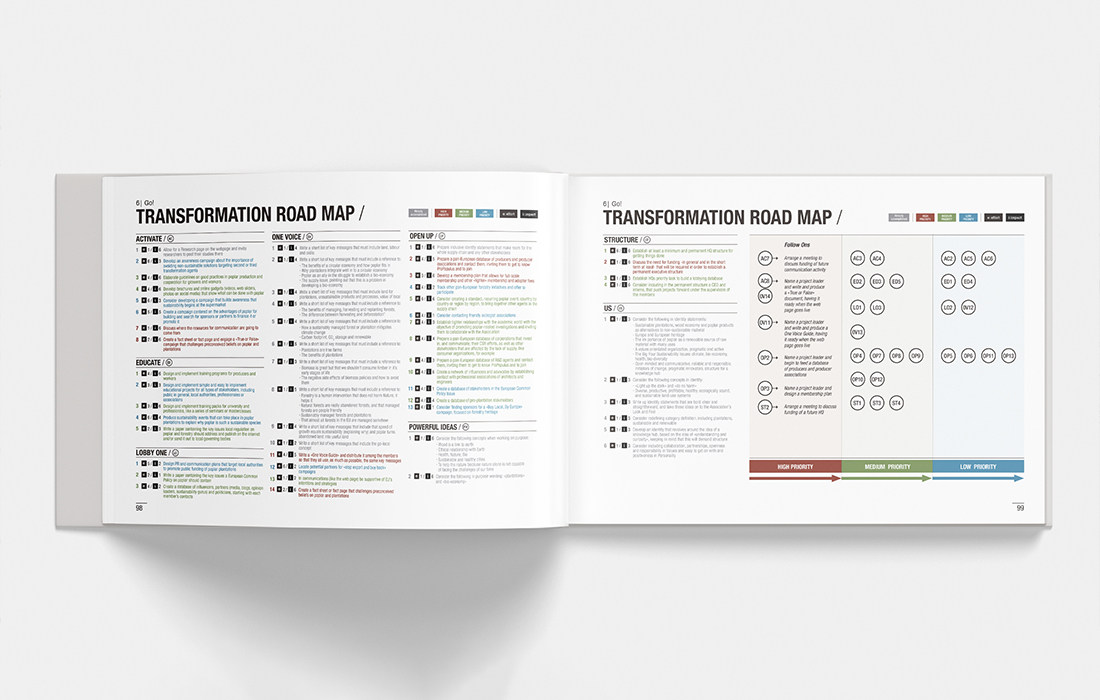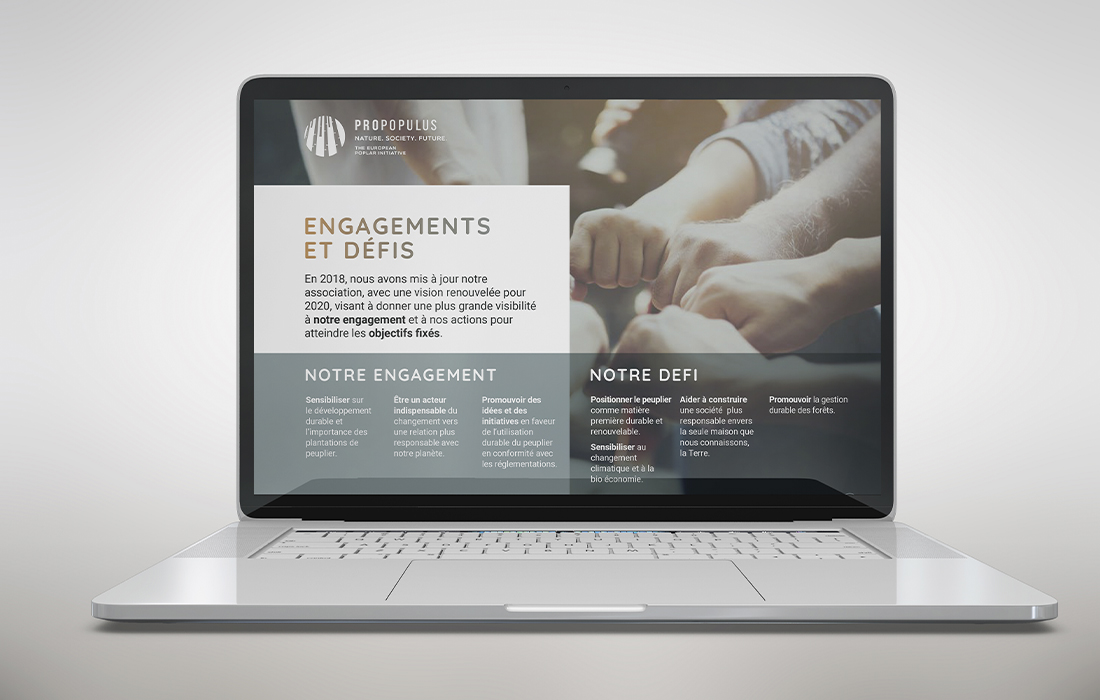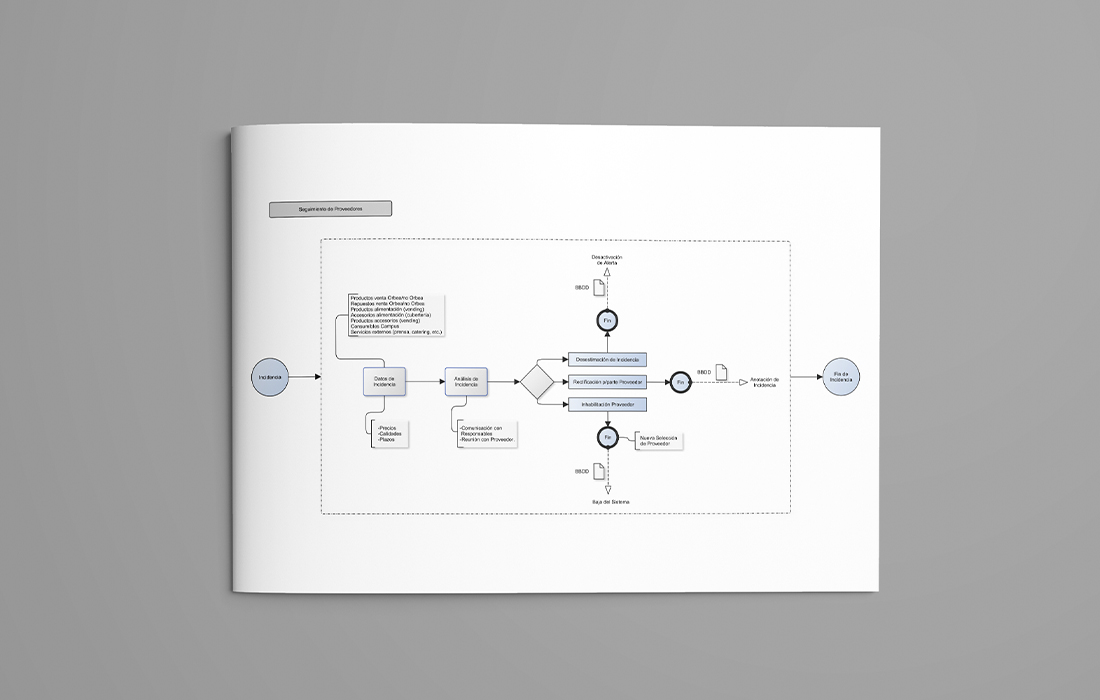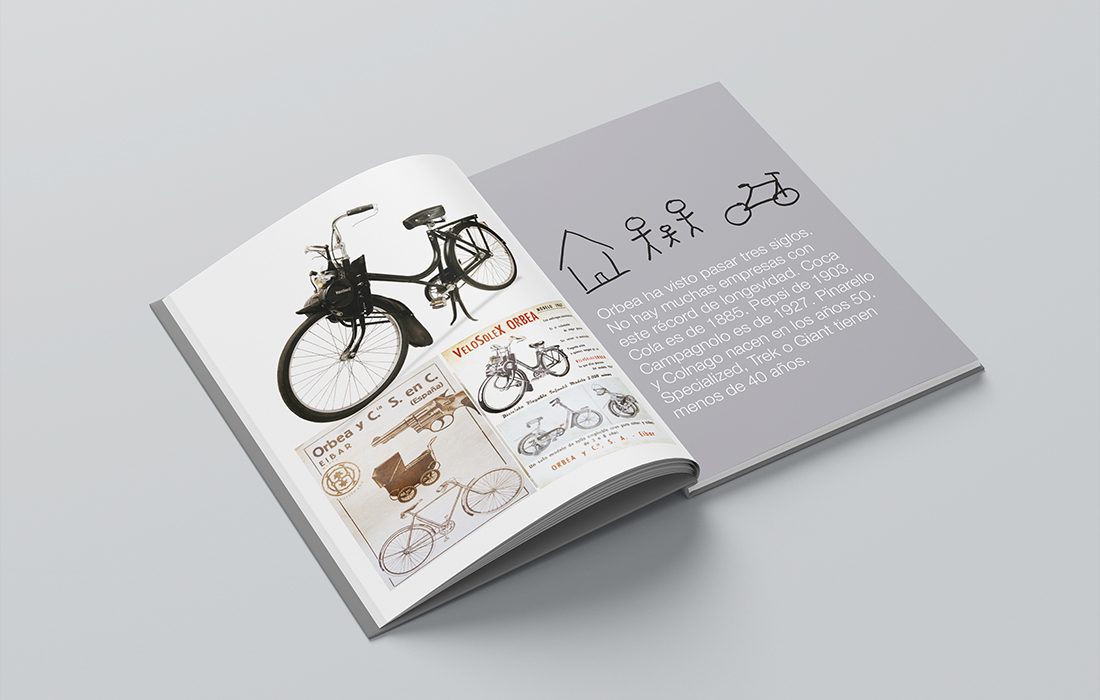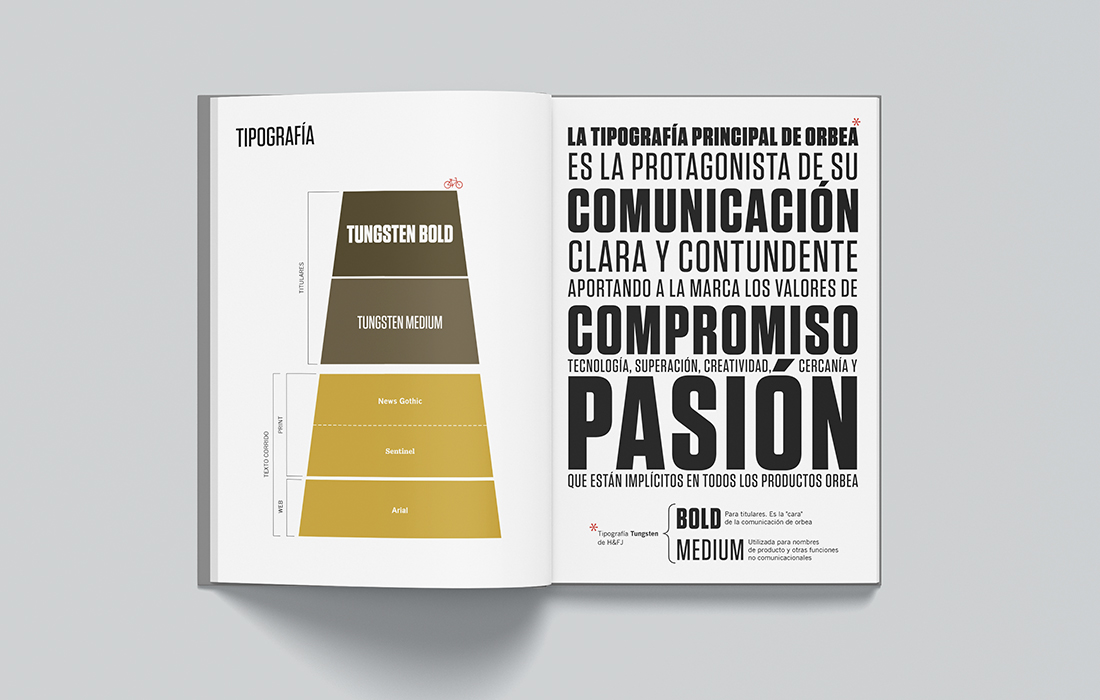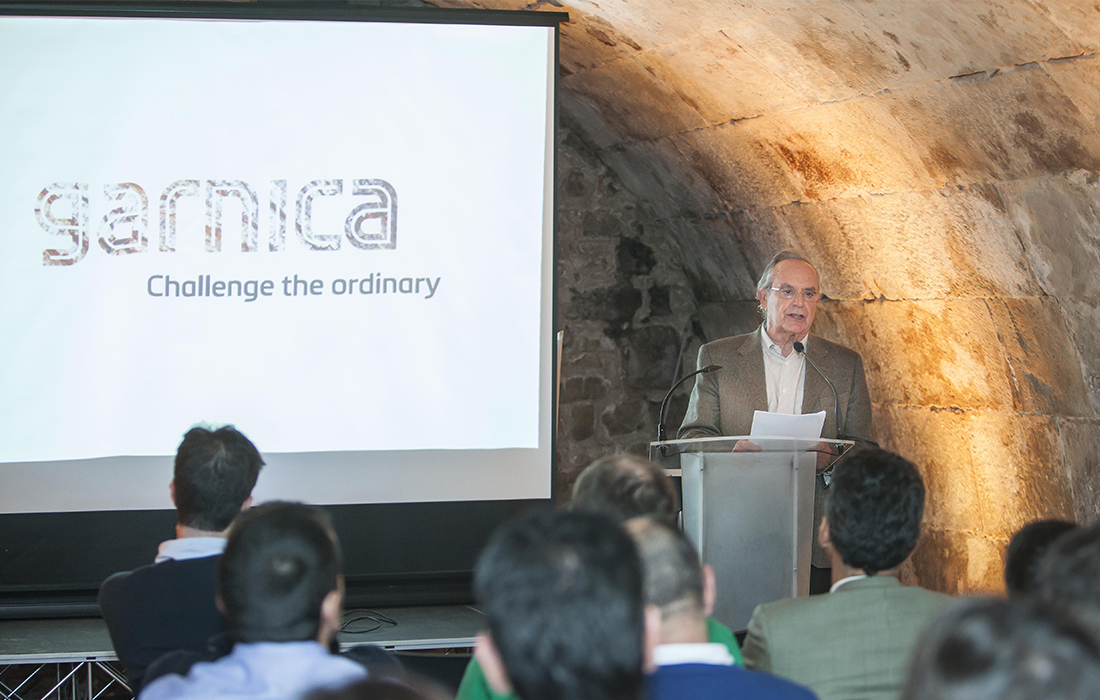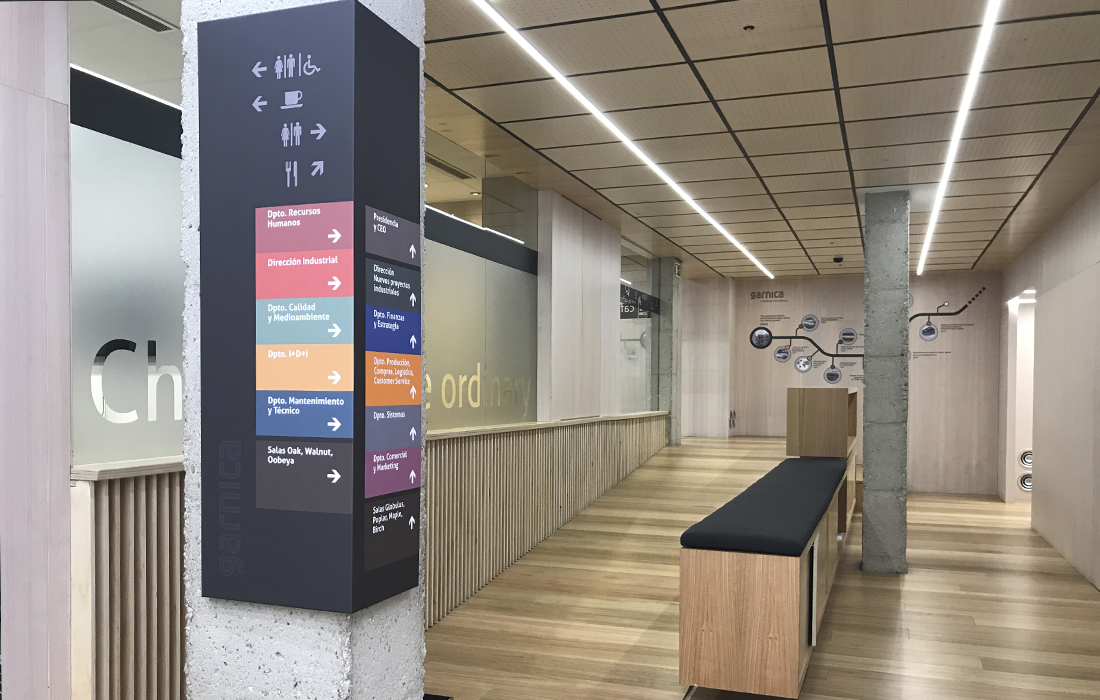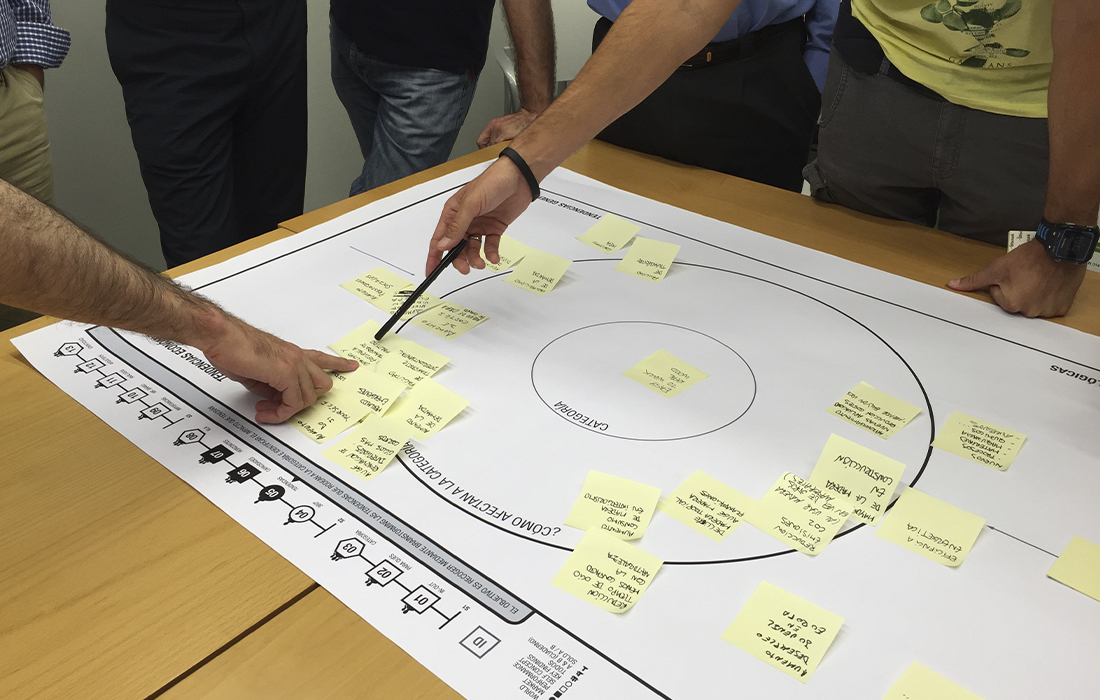
23 Oct Resilience is key to overcome the crisis
Whiplash Team, October 23rd, 2020
Resilience is key to overcome the crisis
The second outbreak of the COVID-19 pandemic is testing not only citizens, governments and healthcare systems, but also the resilience of businesses, the economy and society as a whole.
Resilience is a term originally used in ecology to indicate the capacity of ecosystems to absorb disturbances, without altering their structural, dynamic and functional characteristics, allowing them, once the disturbance has ceased, to return to the previous situation. However, the concept has been applied in other sectors and disciplines, from psychology to business, for some years now.
The first outbreak of the COVID-19 pandemic was already a tough test to the organizations’ ability –in all sectors of the economy– to absorb the impact of the crisis, to stand strong and to return to business as usual. Now, with the second outbreak, business and social resilience is once again against the ropes and this time, with greater intensity due to accumulation.
Eduardo Rojas Briales, dean of the College of Forestry Engineers and president of the Capital Natura Foundation, pointed out in the series Positive change for the day after, that “we must think much further, on how can we build a much more resilient society. And this, obviously, not only comprehends the economy, it not only covers the institutional and the private sphere. It covers everything”.
Broadly speaking, Rojas Briales who is also Spokesperson for the Juntos por los Bosques (JxB) platform, and has been Deputy Director General of FAO and co-chair of UN-REDD, representing the UN system (UNDP, UNEP and FAO ), pointed out that “It is very important to understand that it is not only climate change, that it is not only economic globalization and its social and environmental consequences, that it is not just diseases that circulate much faster, that it is not only the process of urbanization or de-materialization. It is, in short, a range of challenges which society needs to consider. Global change must be addressed”.
However, in the specific case of organizations, according to a model developed by the consulting firm EY, there are nine areas in which organizations should focus their efforts in order to increase their resilience and “lead assertively amidst uncertainty and complexity”.
The first is the financial area, in which it is important to protect working capital and have sufficient liquidity to face and overcome the crisis; the second is the health of the employees, since the company must ensure the well-being of its team inside and outside the workplace; thirdly, we find the need to protect the brand by protecting the customer, that is, the higher the customer’s satisfaction, the greater the loyalty to our brand; efficient supply chain management is in fourth place; in the fifth, risk management, for which it is necessary to know what problems may arise under new emergency procedures and if all the information necessary to manage them and reduce their impact on the business is ready available; in sixth place we find technology and the need to keep our computer systems safe; in seventh place the legal obligations and their derivatives; the communication strategy with the staff and the correct management of the team in these uncertain times is the eighth point on the list; and finally, the management of the organization and its social responsibility, taking into account the impact of the crisis on the various stakeholders and evaluating the company’s contribution to society.
In summary, knowing the resilience capacity of the organization will help its leaders to face the crisis that the pandemic has generated, and its effects on society and the economy, thus allowing the brand and the company to return stronger.




